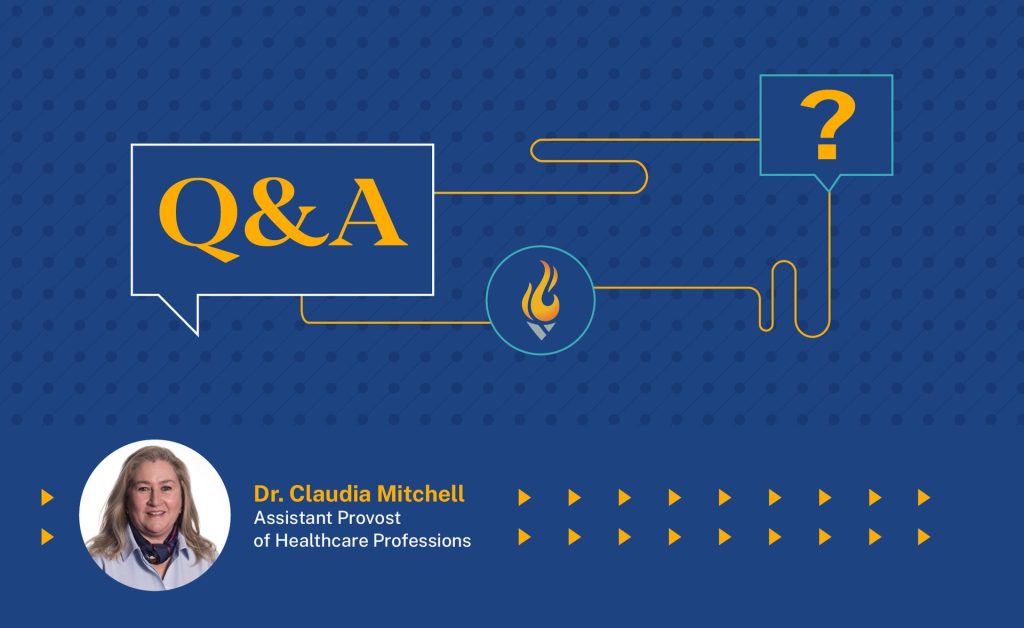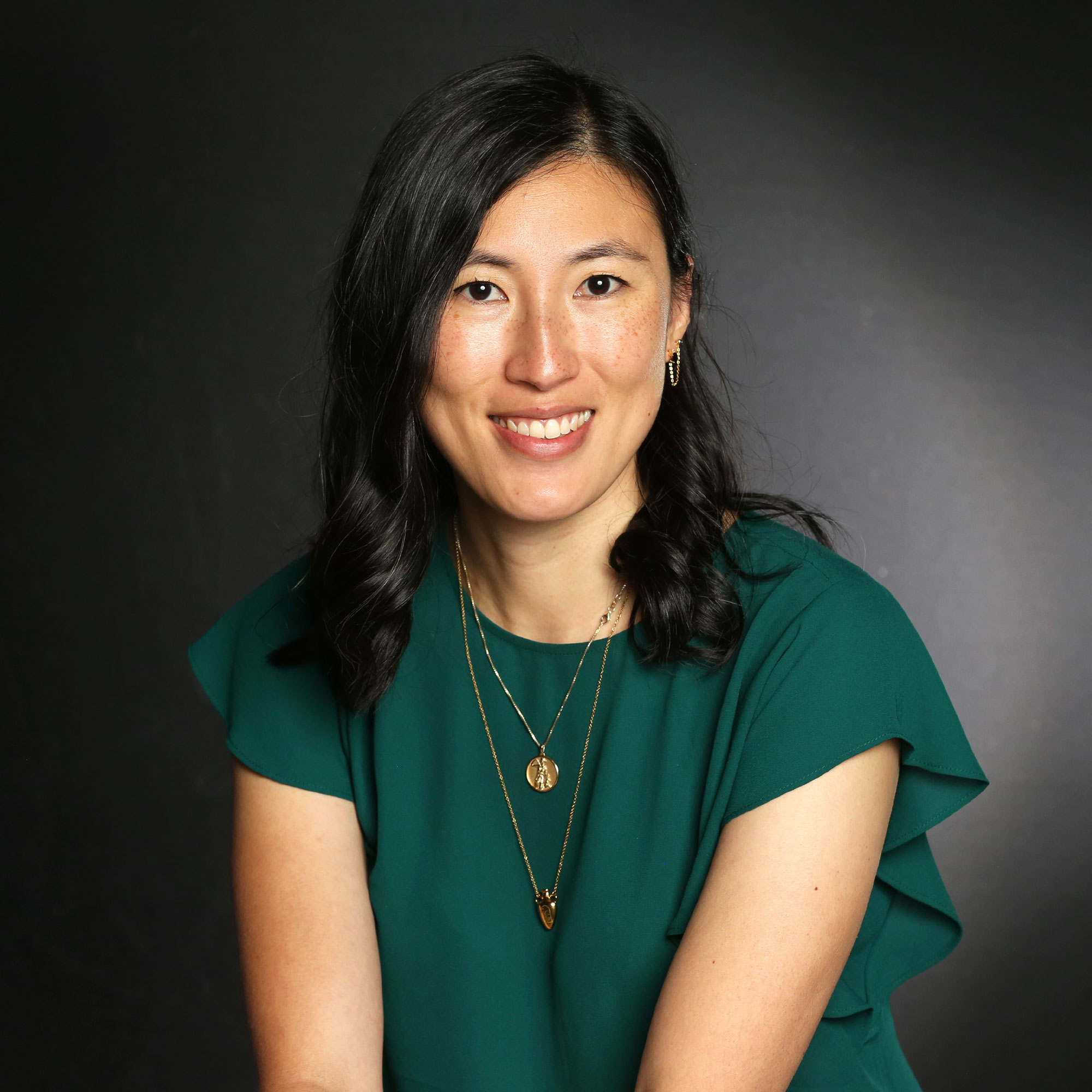
American College of Education’s Nursing Department is strengthening its position in nursing education. With the addition of two new programs – the RN to BSN and the BSN to MSN – and CCNE accreditation, we’re now positioned to serve more registered nurses than ever. We talked with Dr. Claudia Mitchell, assistant provost of healthcare professions, about how we prepare our nursing students for today’s healthcare landscape.
ACE: What excites you the most about the addition of our two new nursing programs?
Dr. Claudia Mitchell: They are fresh and relevant. We took a deep dive into the skills necessary for nurses of the future, recognizing that today’s healthcare system is full of complexities and challenges. Our goal was to design a program to meet that need and I believe we achieved that goal.
Our nursing programs build on the competencies that nurses come to us with. We meet them where they are and build from there. Students experience relevant learning assignments that they can immediately apply in their work setting and our curriculum shines a light on competencies needed to perform at the highest level.
ACE: How do our programs help students meet the needs of the industry and stay competitive in the job market?
CM: The curriculum focuses on quality, safety, leadership, team collaboration and systems-thinking. These are all competencies that employers seek in professional nursing staff. We were very pleased to see that in our 2020 Student Satisfaction Survey, 100% of RN to MSN students indicated their courses were relevant to their profession.
Our curriculum is also technology-rich, thus preparing nurses to lead and promote achievement of health outcomes in today’s healthcare environment. In that same survey, 100 percent of students indicated their professional skills were becoming stronger as a result of attending ACE.
ACE: At what point should someone with a bachelor’s in nursing think about pursuing their master’s in nursing?
CM: There are several reasons that someone with a bachelor’s degree in nursing might consider pursuing a master’s. Some may have a personal goal to obtain an advanced degree. Others may wish to expand career opportunities. Continuing one’s education at any level can enhance performance in the nursing role, positively impact patient and organizational outcomes and open doors for advancement.
I am a proud graduate of an associate degree program. For me, this was the best pathway, as I wanted to begin working right away and have a strong foundation in clinical practice. After a few years, I realized that more career doors would be open to me if I had a master’s degree. At that point, I knew I needed to complete my BSN to achieve my end goal of a master’s degree in nursing administration. Ultimately, I went on to complete a post-master’s certificate in nursing education and my PhD. With each degree and credential, I earned, I obtained new knowledge, skills and attitudes that benefited me and the patients I care for.
ACE: What sets our online nursing programs apart from other similar programs?
CM: There are many facets that set us apart from others. First and foremost, we genuinely are student-centered. ACE provides a tremendous amount of support from our faculty and student coaches. Our program is online, but you are not alone. You are nurtured and positioned to succeed. Our faculty are experts in their field, and they partner with our students to facilitate learning. Courses are interactive and rich dialogue occurs in discussion boards. We are experts in serving adult learners who juggle multiple responsibilities while trying to achieve their academic goals. We understand the challenge.
I also value the expansion of students’ world view and cultural competence. Our world is becoming smaller. Patient populations are becoming more and more diverse. To address this reality, we host an international collaboration with healthcare students in Peru. Students in our community health course engage synchronously with students in Peru to discuss issues of global health, culture and social justice. Our students consistently say this unique experience expanded their understanding and appreciation for global health issues.
Ultimately, we know nurses have many choices when it comes to furthering their education. Our goal is to help our students feel equipped to make a positive impact. One hundred percent of our students stated they are using what they’ve learned to do just that. That is what our nursing program is all about.

